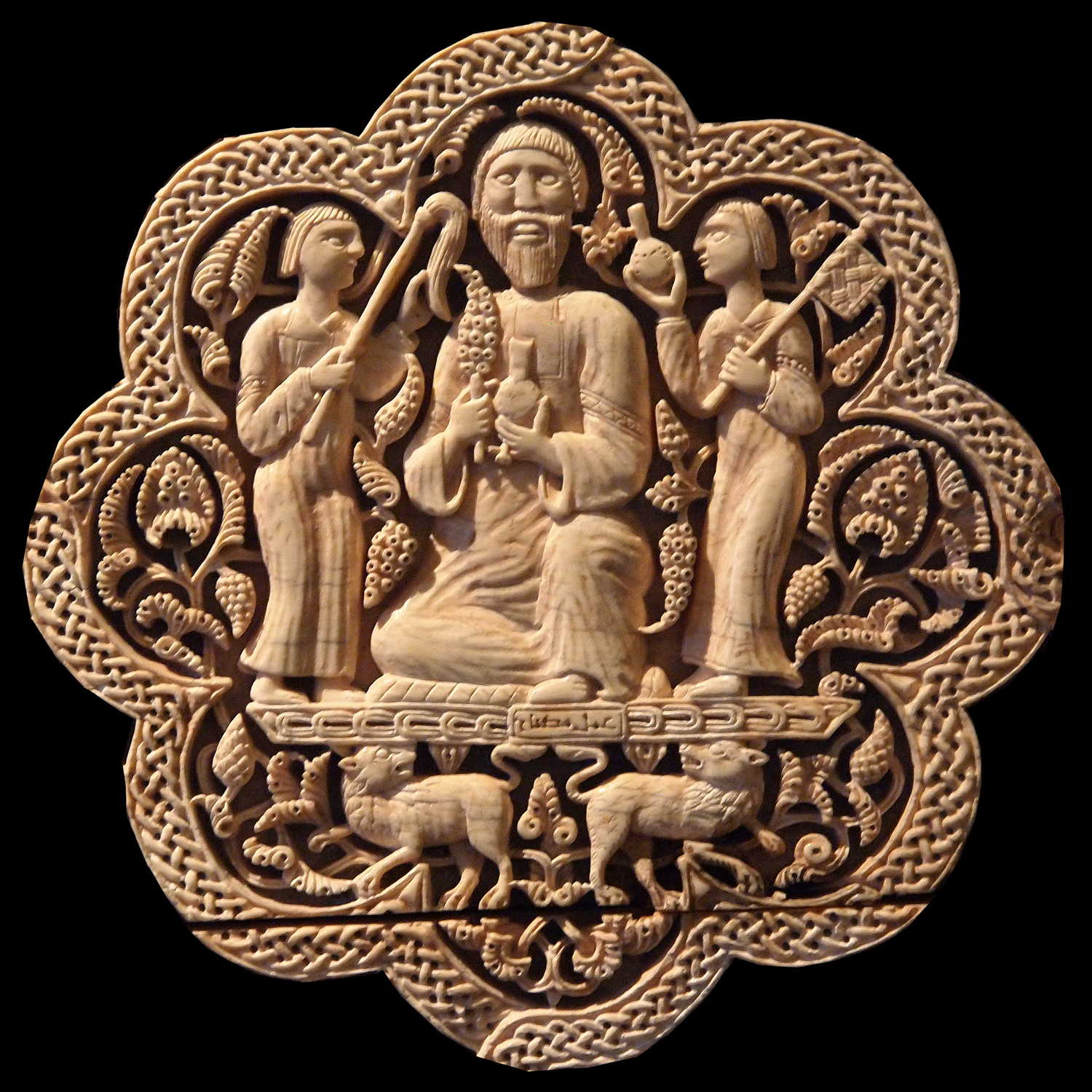MES Public Talks Seminar given by Dr Mariam Rosser-Owen, V&A Museum, London
In her recent book, Articulating the Hijāba, Mariam Rosser-Owen analyses for the first time the artistic and cultural patronage of the ‘Āmirid regents of the last Cordoban Umayyad caliph, Hishām II, a period rarely covered in the historiography of al-Andalus. Al-Manṣūr, the founder of this dynasty, is usually considered a usurper of caliphal authority, who pursued military victory at the expense of the transcendental achievements of the first two caliphs. But he also commissioned a vast extension to the Great Mosque of Cordoba, founded a palatine city, conducted skilled diplomatic relations, patronised a circle of court poets, and owned some of the most spectacular objects to survive from al-Andalus, in ivory and marble. Her study proposes a reconsideration of this period. This seminar will introduce the book and its key themes and arguments.
Mariam Rosser-Owen is a Curator in the Middle Eastern Section (Asia Department) of the Victoria and Albert Museum in London, where she has worked since 2002. She specialises in the art and material culture of the medieval Islamic West, especially the Iberian Peninsula and North Africa. Her book, Articulating the Hijāba: Cultural Patronage and Political Legitimacy in al-Andalus. The ‘Āmirid Regency c.970-1010 AD, was published Open Access by Brill in December 2021. She is the inaugural Global Humanities Visiting Professor of Islamic Art at the University of Cambridge, specialising in Islamic ceramics and working between the Faculty of History of Art and the Fitzwilliam Museum.
Enthronement scene from the Pamplona casket, ivory, Cordoba, dated 1004-5
| Contact |
|---|
| Dr Assef Ashraf: aa2098@cam.ac.uk |

